1001prime price £21.84

1001prime price £21.84

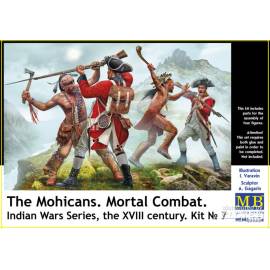

Deliveries and returns
We offer you the delivery from 99 euros.
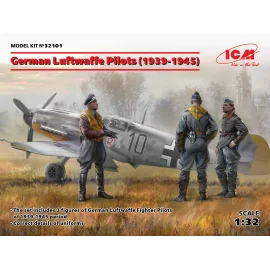
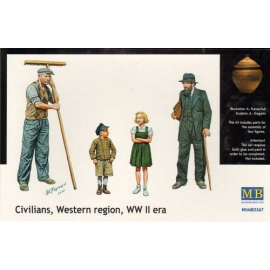
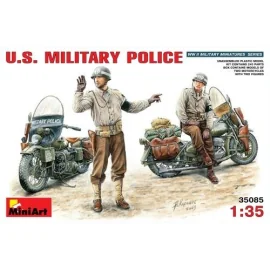

Customer Care
Our team is at your disposal to inform you about your orders

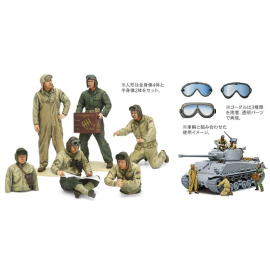

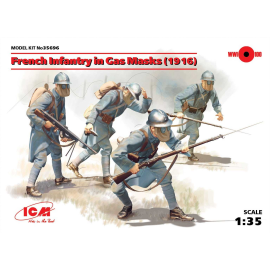

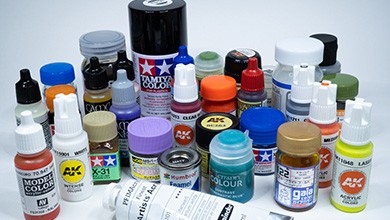
Paints and accessories
To avoid mistakes, our team can choose them for you.
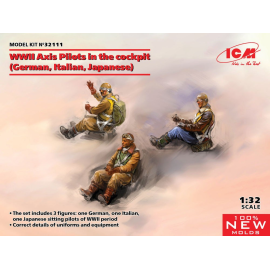
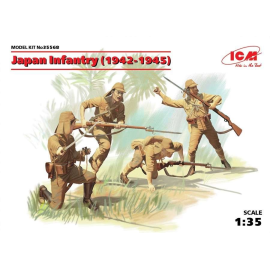


1001prime price £25.64

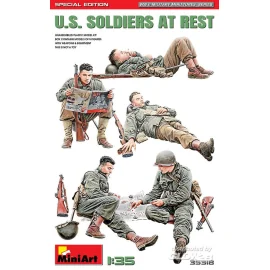
1001prime price £19.94


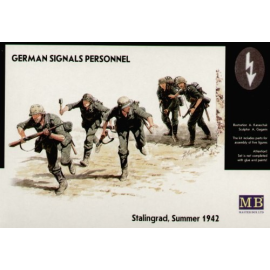
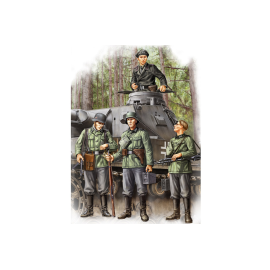

1001Prime program
Get a 5% discount for all your orders during 1 year
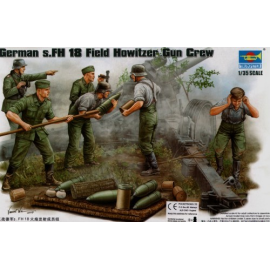
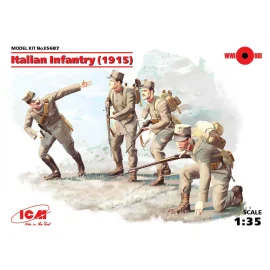
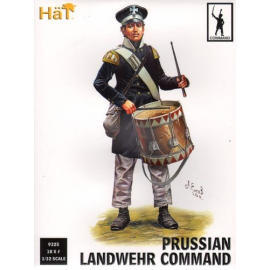
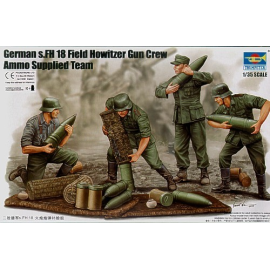
Miniatures can come in a variety of sizes, and some of them translate into scales. Here's what you need to know about 1/35 scale miniatures.
Generally expressed in millimetres, the scale of a miniature represents its size. Usually, for a character, it's the height from his feet to his eyes. For example, a 54 mm figure is 1.90 m tall at 1/35 scale (1900 mm/35). Alternatively, figures can sometimes be scaled in centimetres.
For example, if a truck is 10 metres long in 1/35 scale, its length in miniature will be 10 x 1/35, or 0.28 metres. At a scale of 1/35 in cm, the truck will be 28 cm long.
Apart from 1/35 scale, there are other scales for miniatures. The scale classification of miniatures relates to model making in general (model railways, aircraft, military vehicles, etc.). Here are the most common miniature scales:
As mentioned above, 1/35 scale is the traditional or standard scale for soldier figurines. The larger the miniature, the more detailed it will be. On the other hand, the smaller it is, the more it can be used to create large-scale dioramas, such as a battlefield, in reasonable spaces.
For example, 1/35 or 1/32 figures measuring 54 mm in height represent a perfect compromise between volume and detail. That's why 1/35 scale has become the standard for military modelling.
It's perfectly possible to make a miniature yourself. In fact, there are various tool packs available for this purpose. As for the ideal material for making a miniature, there isn't one! Each material has its own level of complexity in terms of use.
Creating a wooden figurine requires a great deal of skill. It requires the use of specific tools such as a saw, a drill, glue, wax and other accessories.
What's more, making this type of figurine also takes time. With a good knowledge of carpentry tools, however, it can be much easier.
Making a metal figurine is even more complex than making a wooden one. Metal is generally not an easy material to handle. The same goes for the tools used to shape it. Whether they are made of steel, iron or aluminium, these types of figurines require fairly complex work.
The materials mentioned above are generally the most difficult to use. A plastic figurine, for example, is easier to mould. Alternatively, sugar paste is an interesting alternative.
BackMore than 150,000 products for your hobbies, including more than 15,000 in stock and shipped the same day
Monday to Friday, 10am to 5pm, by e-mail or telephone.
in the UK 🇬🇧 and the world 🌎 with UPS.
Return within 14 days after your purchase
I become a 1001prime member and enjoy a host of benefits